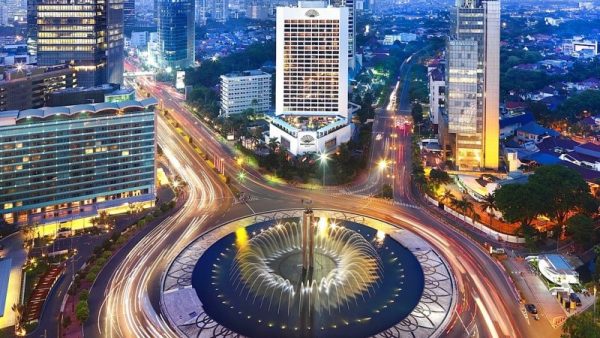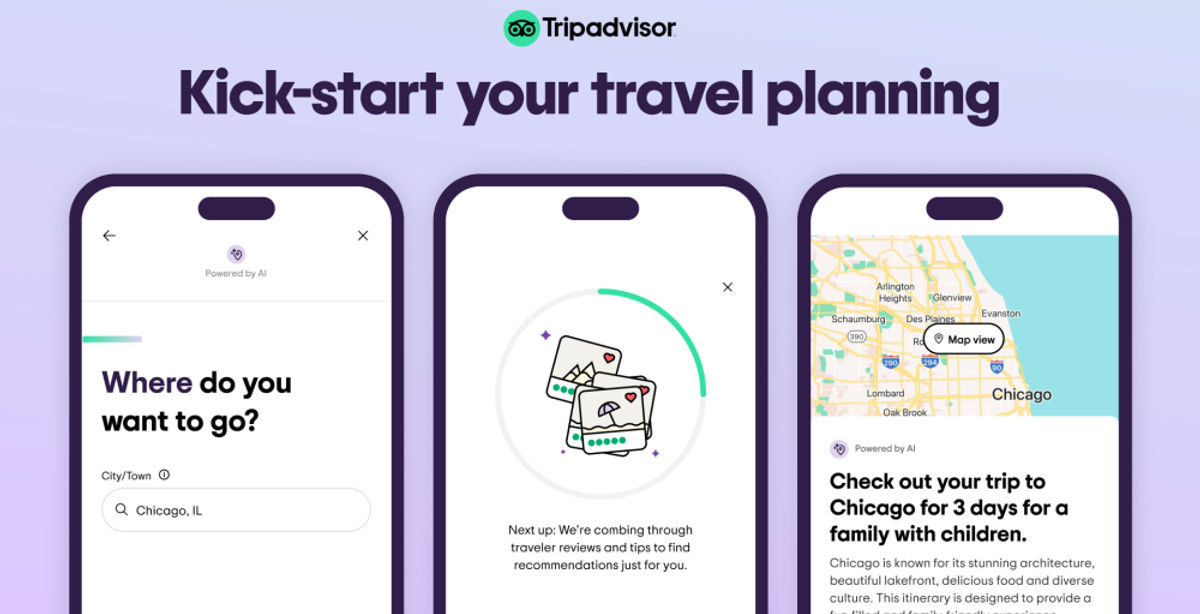The Landscape of AI Generated Itineraries

AI tools have gained popularity for crafting travel itineraries, yet their effectiveness remains a point of discussion. Despite the approval of tools like ChatGPT and GuideGeek for their thematic and geographical cohesion, concerns arise about the overall coherence and intuitiveness of many AI-generated itineraries.
Lonely Planet, in response to these challenges, is developing its own AI tool with a focus on providing more nuanced and expertly sourced information. The goal is to move beyond presenting a jumbled list of must-see places and instead offer users a curated experience that includes lesser-known gems in the vicinity of popular attractions.
Historical Data Limitations

One significant drawback highlighted in the current state of AI-generated itineraries is their reliance on historical data. This limitation prevents them from providing real-time or recent information, a crucial aspect of travel planning. Users are advised to double-check recommendations, especially for attractions, as even the most prominent sites like Edinburgh Castle may have ticket availability issues or unexpected closures.
Challenges in Food and Drink Recommendations

Food and drink recommendations also pose challenges, with AI tools often directing users to closed establishments. The dynamic nature of the hospitality industry, compounded by recent global events, makes it difficult for AI to stay current with trends and closures.
The promise of AI is to simplify travel itinerary creation, but the reality is complex. Users must actively fact-check and supplement AI recommendations with their own research, relying on traditional sources like guidebooks, reviews, and social media.
To enhance the utility of AI tools, users are encouraged to ask specific and thoughtful questions. The quality of guidance is often determined by the input provided, and asking about the need for pre-booking tickets or quieter times to visit tourist sites can yield more relevant results.
Personalization: The Next Frontier

Personalization is identified as the next frontier in AI travel planning. While current tools can generate content, the move toward more interactive AI allows for back-and-forth engagements, enabling services to adapt to individual preferences. The ideal AI tool, as envisioned by Lonely Planet, would provide well-sourced options for users to choose from, maintaining a sense of agency in trip planning.
Despite the potential advancements in AI, the text emphasizes that AI tools should be viewed as supplements to, not replacements for, individual research efforts. The future holds the promise of AI understanding personal preferences, accessibility needs, and unique travel styles, but until then, users are advised to use AI tools cautiously and remember that the joy of travel planning lies in a balanced partnership between human and machine assistance.
Read More (AI)








